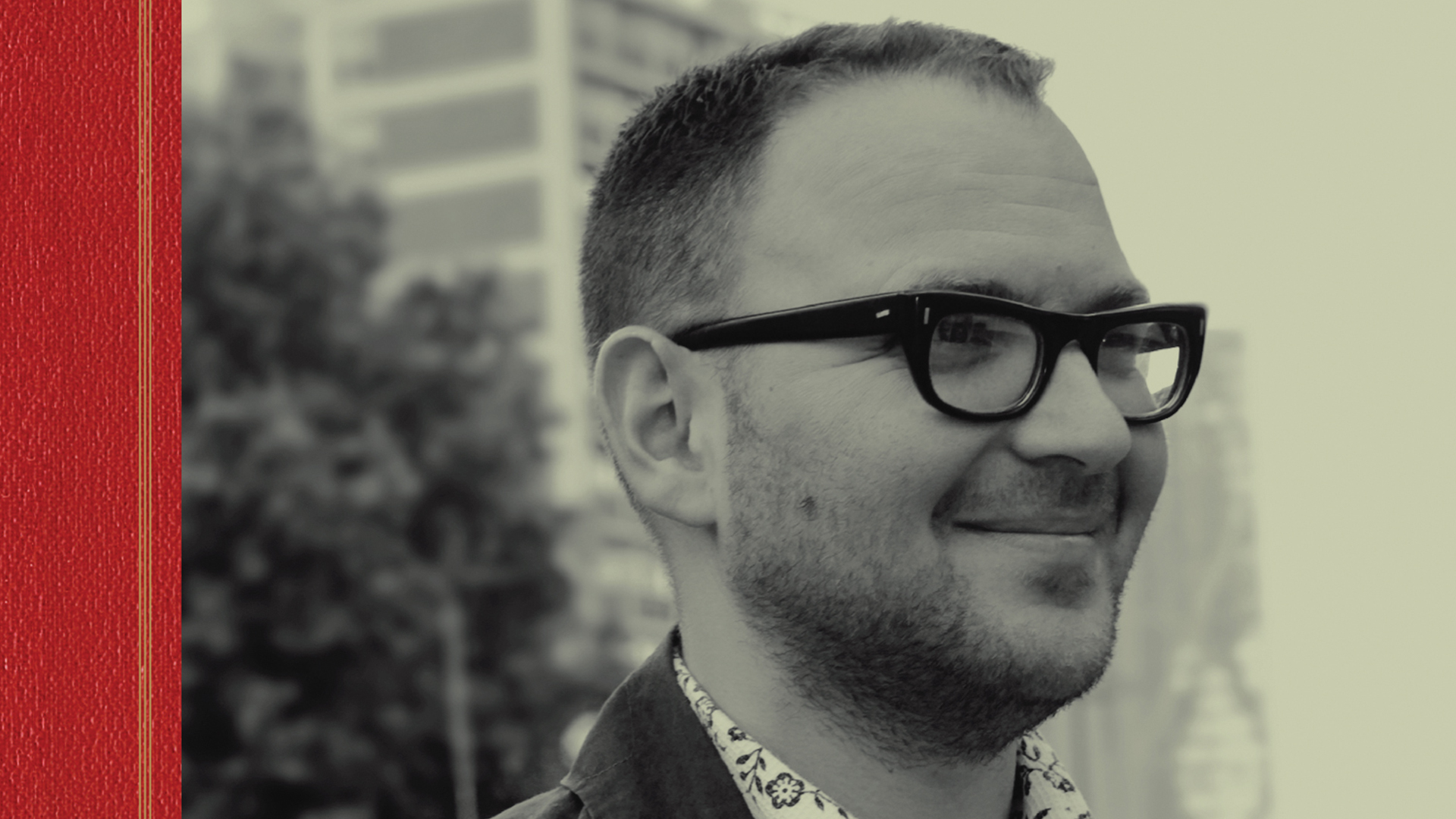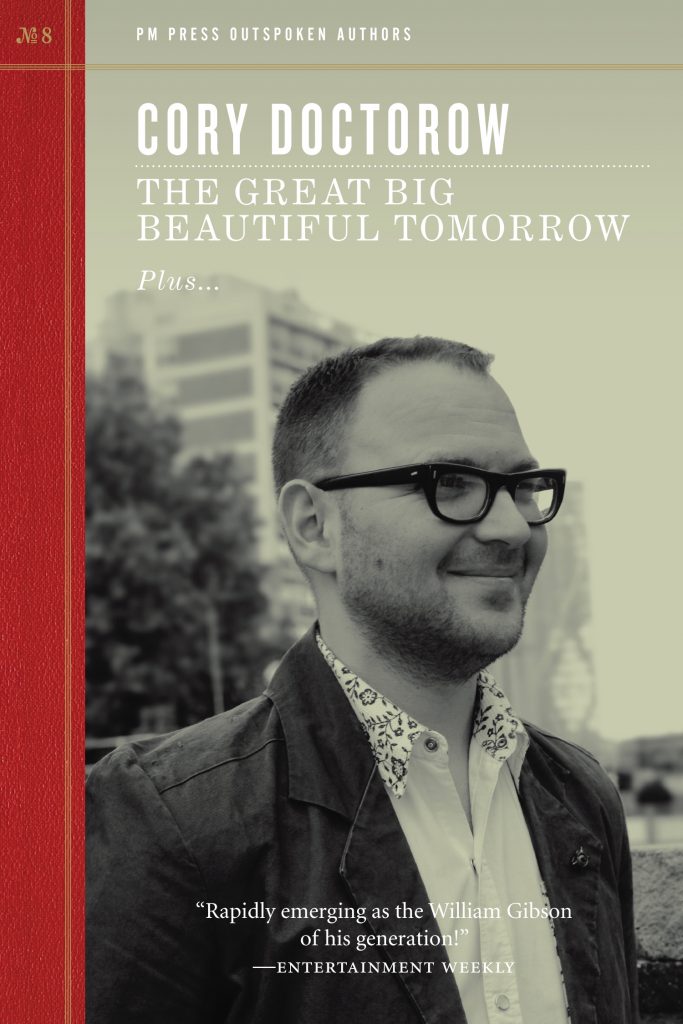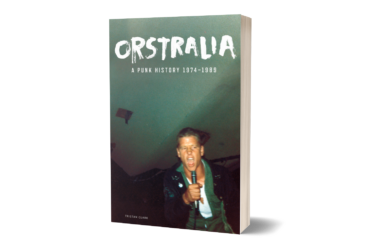By Cory Doctorow
Boingboing
November 25th, 2019
Back in 2007, I wrote a science fiction novella called “The Great Big Beautiful Tomorrrow,” about an immortal, transhuman survivor of an apocalypse whose father is obsessed with preserving artifacts from the fallen civilization, especially the Carousel of Progress, an exhibition that GE commissioned from Disney for the 1964 World’s Fair in New York, which is still operating in Walt Disney World.
The novella was collected into my 2011 Outspoken Authors book from PM Press.
Bleeding Cool News’s Jason Henderson is a fellow Carousel of Progress obsessive, and he asked me if I’d come on his Castle of Horror podcast to discuss the story, the Carousel, Margaret Thatcher, and optimistic corporate futurism’s increasing absurdity in 2019’s world.
The conversation went great (MP3) and ranges over nuclear armageddon, environmental collapse, Epcot Center, cults of personality, Walt Disney’s work-avoidance schemes, Alvin Toffler and the Singularity.
The Carousel of Progress is a strange success story. It began its life as an exhibit developed by Walt Disney for General Electric at the 1964 World’s Fair. There the basic structure fell into place: a revolving theater moves around a stationary stage showing four scenes as the audience comes to rest in front of each one. Act One is the turn of the 20th Century, Act 2 is the 1920s, Act 3 is the 1940s, and Act 4 is roughly the present. In each scene, the father of a small family reflects on American life and culture and mentions the latest technological advancements—airplanes, electric fans, cars, “the rat race.” The attraction moved from the World’s Fair to Disneyland and then settled in 1975 at Tomorrowland in Walt Disney World, where it has remained ever since. It has not been updated since 1993. And yet the ride remains strangely compelling and even comforting, a weird mix of futurism and nostalgia. The theme song of the ride is pure optimistic futurism: “It’s a Great Big Beautiful Tomorrow” by reliable Disney songwriters Richard M. and Robert B. Sherman. Doctorow points out, though, that for years this song was traded out for a different song, “The Best Time of Your Life.” As in “this is the best time of your life,” which would have to mean that the future will not be as good. Now the original song is back, but we are listening to an echo—optimism frozen in the past.
Cory and Jason talk about futurism, the optimism (and pessimism) of the mid-century, and whether forgotten mid-century fears are a match for modern fears of climate collapse. Along the way, we touch on the strangeness of Tomorrowland and Epcot.







